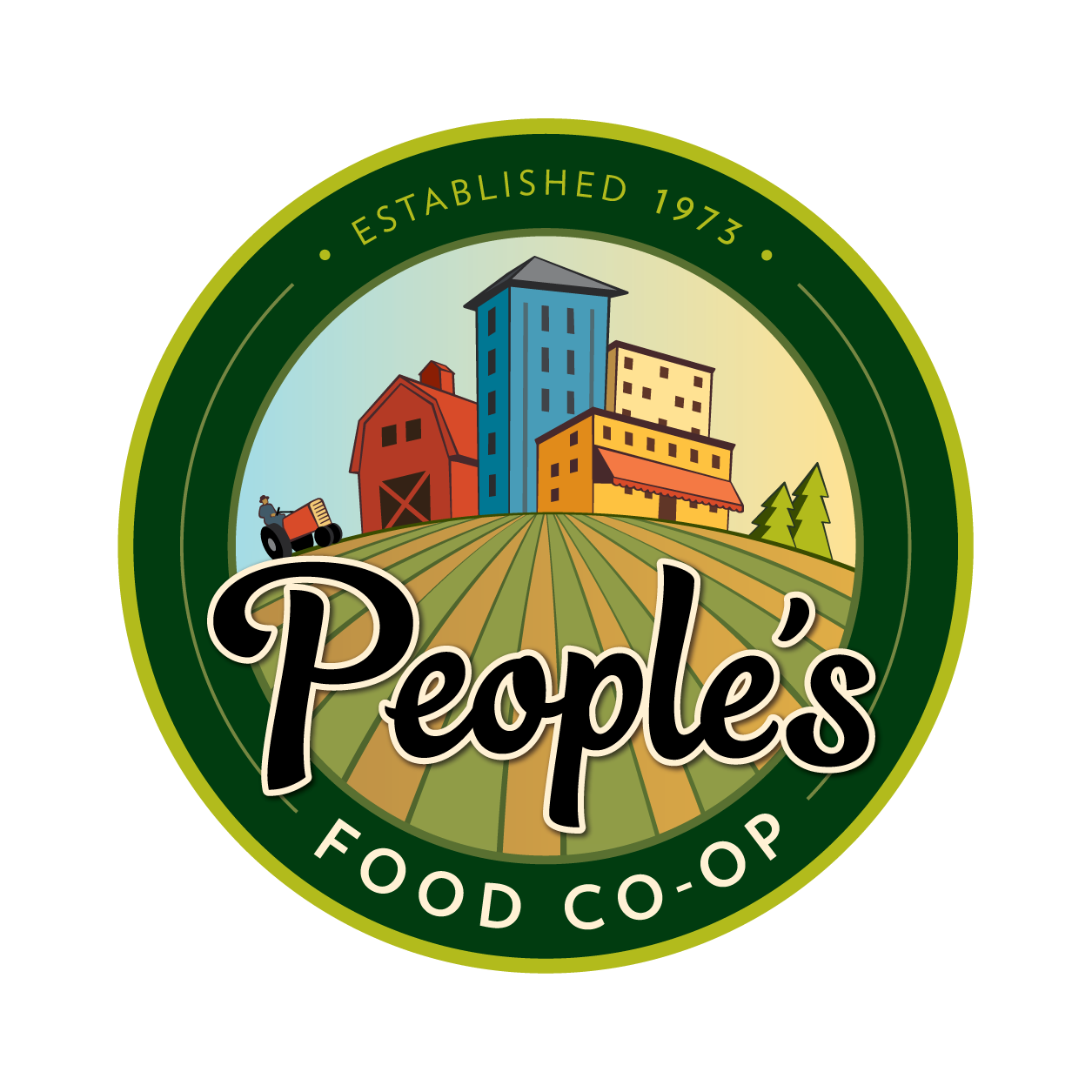Easy Yoke Farm, 2017: Organic growth
It's been a wet year at Easy Yoke Farm. “We’re on high ground,” Daniel Miller says. “We might get some erosion. It’s the third year that it’s been extremely wet. We put so much into our soil it pains you to see it wash away.” He goes on to describe the ways they’re working to build resilience in response to the changing weather patterns.
Easy Yoke’s Daniel and Hannah Miller have been farming outside of Millville, Minnesota, since 2011. Since we last visited them in 2014, they’ve purchased their farmland, have built a house, and have welcomed their third child to the world.
The farm has been supplying the Rochester People’s Food Co-op almost from the beginning. Easy Yoke has always followed organic practices—getting organic certification in 2014. “Not going organic was never a question for us,” Daniel says. “We fell in love with farming as organic farming. Farming doesn’t have to be that complicated. Conventional methods are complications—throwing wrenches into your system.”
Some of the complications Daniel notes are health concerns: “We’re very hands-on in this farming,” he says. “You can’t be exposed to chemicals when you’re touching the plants all the time. Why would we expose our kids to harmful chemicals like that?”
Organic growth
The Millers have seven acres in production on their 30-acre farm. Their neighborhood has seen more organic farms start up since the Millers began farming in 2011. “Some of the people who worked for us in the past are now renting land and starting their own farms,” Hannah says.
“That’s right,” Daniel says, “we’re breeding small organic farms.”
“And some conventional farms around here are starting to follow organic practice,” Hannah says. “I can see a couple of them switching over to organic eventually.”
Daniel reports that the growth of organic has been slow, but reliably steady “It’s a sustainable rate of growth. Our vision is to have a bunch of small farmers—we’d rather see ten 10-acre farms than one 100-acre place.”
The Millers started out with a Community Supported Agriculture (CSA) program, but decided against continuing their CSA a couple of years ago. They had 30 families in their program but have passed the business and clientele on to their former farmworkers—who are now starting their own farm. Easy Yoke focuses solely on supplying food co-ops and restaurants. Besides People’s Food Co-op of Rochester, they also work with a number of Twin Cities co-ops and restaurants: Seward Co-op, Friendship Co-op, Hampden Park Co-op and the Birchwood Cafe, among others.
Sustainable growth
Their relatively small business model lets them respond quickly to customer requests. “Mike at People’s (Mike Van, assistant produce manager) can call us up and say ‘can you throw another 25 pounds of cukes on the truck?’ and it’s done,” Daniel says.
They seem to have found their niche in feeding the co-op community. “We feel like we know everybody who buys our produce at the co-op,” Hannah says.
“I think I know everybody who bought our 50 pounds of carrots at People’s last year,” Daniel adds. “We’re at a good size. Upscaling’s not a healthy thing. What gets lost is sustainability.”
Aerial photo taken in June 2017 showing the patchwork of food plots on Easy Yoke Farm, giving the Millers the ability to rotate crops for pest and disease control. Photo courtesy of Easy Yoke Farm.
This article originally appeared in the September/October 2017 issue of the Co-op Shopper.


